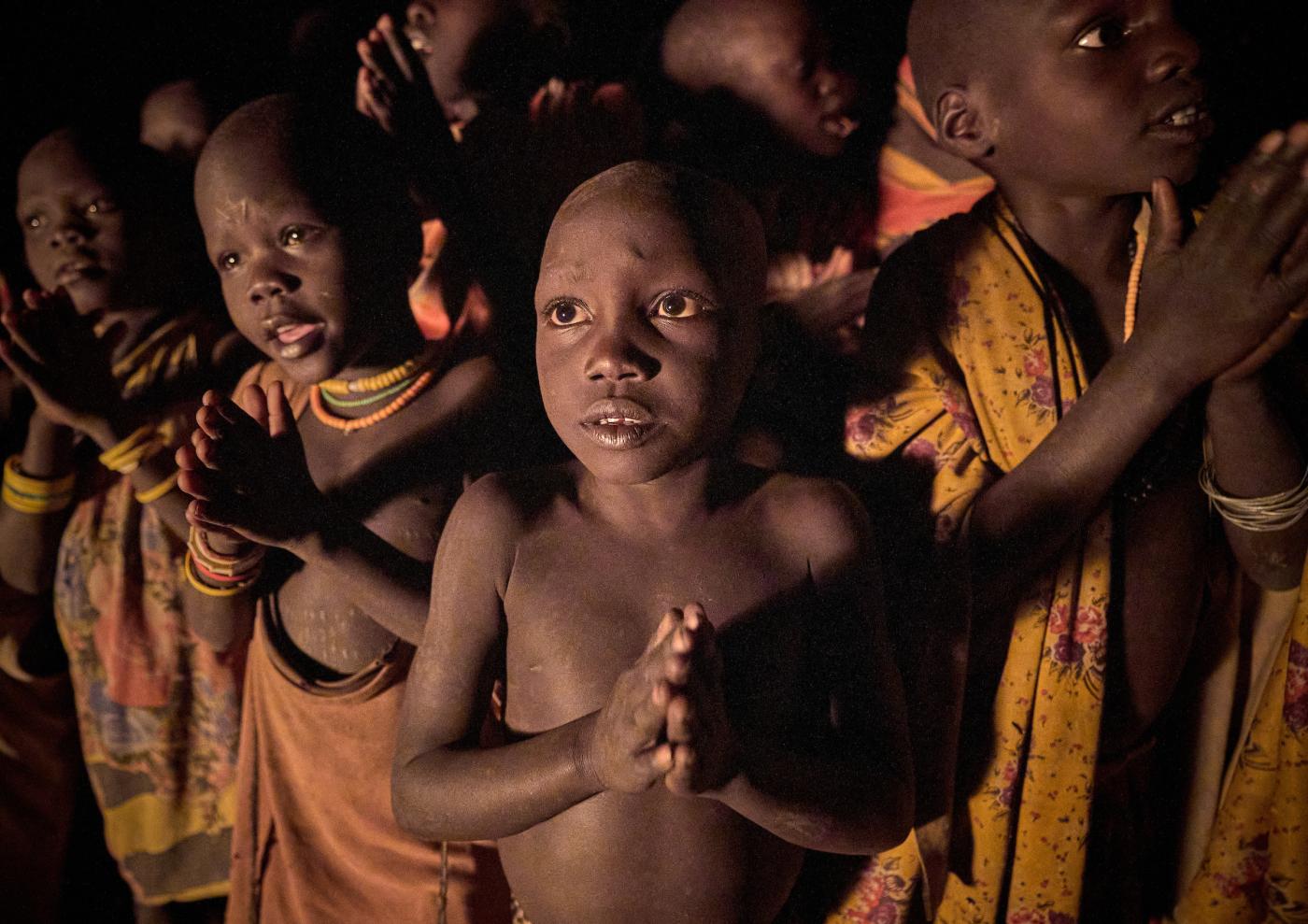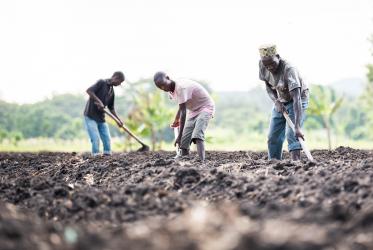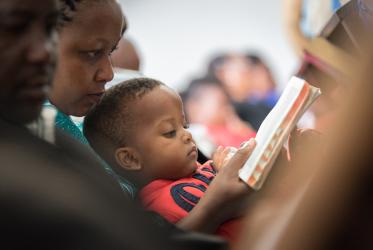But young children are most affected by drought, with many of them facing severe malnutrition. A large number have also dropped out of school, as the food shortages bite.
Overall, food insecurity has generally compromised children’s health, welfare and protection in the regions.
“With no food, many of the children are going to school on empty stomachs and with no food at school, they are missing all the necessary meals that they need and therefore their education is highly affected,” said Anglican Bishop Daniel Qampicha Wario of Marsabit diocese in northern Kenya. “When the basic commodities are not available, automatically the question of nutrition comes into play, so there are a lot of cases of malnutrition.”
Life for the people of Marsabit—like millions of others in the Horn of Africa—is centered on livestock, but thousands of them have died due to the drought. The remaining will most likely die in one month unless rains come or pasture is found, explained the bishop, and that means the parents will not be able to afford school fees for their children.
“So there is a huge impact. With no food and no school fees, we are expecting many children to drop out of school. We also expect a lot of heartbreaks on the side of the parents who cannot afford the school fees,” he said.
In late April, the United Nations Children’s Fund (UNICEF) warned that the number of children facing severe drought conditions such as acute hunger, malnutrition and thirst in the Horn of Africa had increased from 7.25 million to at least 10 million, in the period between February and April. In Kenya, Ethiopia and Somalia, over 1.7 million of them require urgent treatment for severe malnutrition.
Over 600,000 children in the drought-hit regions have dropped out of school for reasons that include being forced to walk long distances in search of food and water or being told to stay at home to care for their siblings as relatives move to search for the two. Some schools have also shut down due to lack of water.
“Travelling long distances exposes children to many risks, including child marriages,” said Catherine Russell, UNICEF’s executive director in a news release after a four-day visit to Ethiopia.
Increased cases of child marriages are being reported, as families marry off their daughters to raise more resources and hope they can be fed by the other families.
The drought—the worst in 40 years—is being blamed on climate change. It is worst in Kenya’s north and north–eastern regions, south–eastern Ethiopia and Somalia where rains have failed for the fourth consecutive season.
“It’s very difficult. The rains have been very little such that no crops to grow and not enough to allow grass to grow. So animals continue to die. Those whose livelihood is dependent on livestock are in a very dire situation,” said the bishop.
Food insecurity in Ethiopia and Somalia has been exacerbated by conflicts, with some ethnic clashes also being blamed in Kenya.
At the same time, church leaders in eastern Africa say the Ukraine war is exacerbating the situation as it forces a rise in prices and disrupts the supply chain, for the people who must buy food since they cannot grow their own at the moment. The conflict is also taking all the donors’ attention, church leaders reported.
Churches reach out to communities suffering drought in the Horn of Africa (WCC news story, 11 May 2022)








